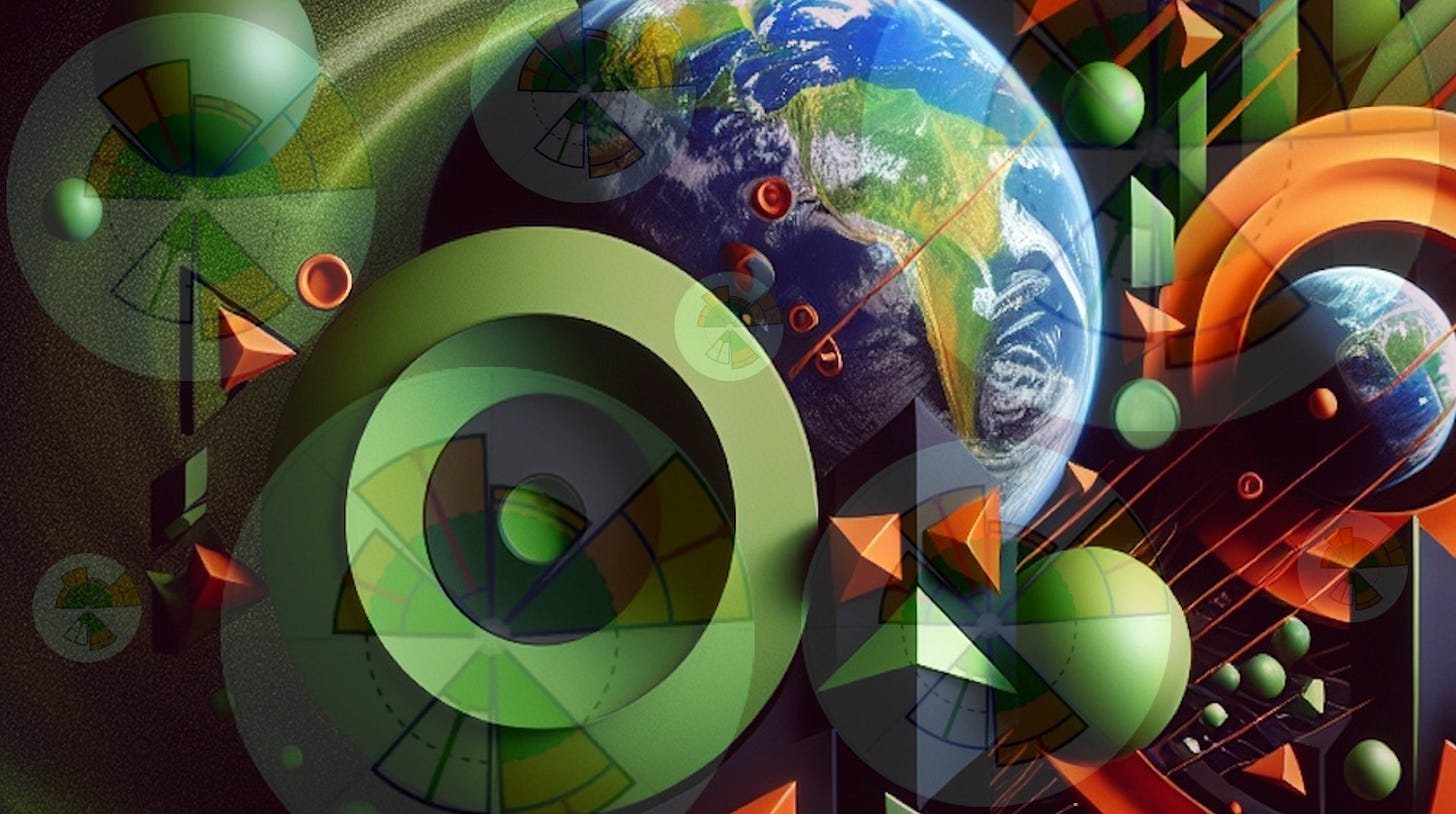Planetary Health Check: The State of Earth’s Critical Systems
The Great Simplification #145 with Kari Stoever
There has been much discussion lately of Planetary Boundaries – the 9 biophysical systems and processes that regulate the functioning of life support systems on Earth, and ultimately the stability and resilience of the Earth system as a whole. But how close are we, today, to pushing these systems past their ability to function and recover?
In this special release episode, I’m joined by Kari Stoever, Chief of Strategic Partnerships & Policy at the Planetary Boundary Initiative, to explore the answer to this difficult but vital question. We delve into the Planetary Health Check, an annual analysis of Earth's nine Planetary Boundaries, exploring the science behind the metrics as well as aspirations for the project's future in guiding us back toward a safe operating space for Earth.
How could a real-time assessment of the health of our planetary home help us prioritize taking care of it? What are we able to measure, and what do we still need to learn to best inform our policies and actions for the future? What would it take for each of us to act as Planetary Guardians to safeguard our planetary home before it’s too late?
In case you missed it…
In last week’s Frankly, I read a poem I wrote 20 years ago this month “The Lament of the Bigfoot” which highlights the disproportionate role humans have on the ecosystems they inhabit and reflect on how my attitudes have both changed and stayed the same 20 years on.
If you appreciate The Great Simplification podcast…
Be sure to leave a review on your preferred podcast platform! Leaving reviews helps the podcast grow, which helps spread awareness of our systemic situation from experts in ecology, energy, policy, economics, technology, and community building so that we can better understand - and respond to - the challenges of the coming decade.
The Great Simplification podcast is produced by The Institute for the Study of Energy and Our Future (ISEOF), a 501(c)(3) organization. We want to keep all content completely free to view globally and without ads. If you’d like to support ISEOF and it’s content via donation, please use the link below.




Hmmmmm..... yes, but no - "Just getting the NDC's (the Nationalally Determined Contributions) is not going to get the planet back into a safe-operating-space, right? You'd need major food transformation, you need circular economy... production/consumption pattern changes, you need energy-transition. All of these things together are the only thing that's going to get us back to a safe-operating-space for humans. So we still have a lot of challenges within this space from a comms perspective of really understanding what is the solution. If we're just going to double-down on the energy transition at the expense of the biosphere, that's not going to help us."
Undoubtably, this integrated and holistic analysis is more useful than a narrow focus on emissions, however, the "transformation" described by Kari Stoever, is still subject to the laws of physics generally and thermodynamics particularly. And, in this regard, it must be understood that all transformation of any kind requires energy and produces entropy/waste/pollution. Therefore, an enormous 'transformation' as a presupposed 'solution' to our predicament of extreme human ecological #overshoot, runs into serious conflict with the 2nd law of thermodynamics. Essentially, large scale transformation is a #hypergrowth of material extraction, exploitation, and emissions, which only serve to accelerate our predicament.
Arguably, as opposed to 'transformation' we should be rationing and triaging superfluous systems whilst using minimal pre-existing materials and energy to decelerate our trajectory. #JustStop #JustCollapse #RadicalDegrowth
Planetary Hospice